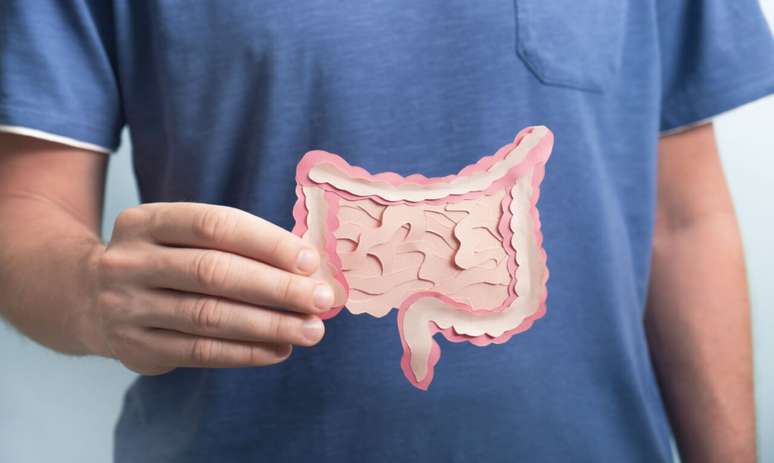Colonoscopy is the main examination to diagnose intestine cancer and is recommended even in the absence of symptoms
We are inside Blue marchMonth of awareness and prevention of intestine cancer, also called colon -Retto or colon and cancer rights. The malignant tumor – which develops in the large intestine, that is in the colon or in the final part, the rectum – should reach over 45,000 people in Brazil in 2024, indicate estimates of the National Cancer Institute (Inca).
Without considering the skin, prostate and women’s breast cancer, colon and rectum cancer is between the most frequent cancer between men and women in Brazil.
The gastroenterologist Dr. Nelson Cartcart Jr, specialized in diseases of the stomach and intestine, feels the importance of not expecting the emergence of symptoms to perform tests that identify the disease, such as colonoscopy.
“Just as we learned from breast and cervical cancer, we shouldn’t expect symptoms but take these routine tests, regardless of any discomfort,” he says.
As the expert explains, the purpose of colonoscopy is to remove small injuries, which do not provide any symptoms. “The removal of these injuries is that it prevents cancer from settling,” warns the doctor.
When to make colonoscopy
The recommendation for the realization of colonoscopy in Brazil is for the general population, between 45 and 50 years old, in both sexes. In specific cases, such as inflammatory intestinal diseases and the history of family cancer, the exam before this age is required.
In addition, patients with alarm symptoms should also look for colonoscopy. Among the warning signals, the gastroenterologist cites:
- Weight loss;
- Evacuation bleeding;
- Colic in the belly;
- Persistent change in the evacuation model;
- Anemia.
However, Nelson strengthens the importance of taking the exam even without symptoms. “After all, during the realization it is possible to verify whether or not there is a presence of polyps (which may evolve into future cancer). And if it is, it can be removed during the exam itself,” says the doctor.
The expert also underlines that “when patients are diagnosed in the early stages of the disease, there is the possibility of a cure of over 95%”, says Nelson Cathcart Jr.
How to prevent intestine cancer
The main risk factors for intestinal cancer are physical inactivity, obesity, regular consumption of alcohol and tobacco, as well as a low consumption of fiber, fruit, vegetables and lean meat.
Therefore, the prevention of the disease occurs in the elimination of these risk factors. This is, through the practice of physical activity, which helps to maintain weight control; Avoid smoking and excessive consumption of red meat and alcohol; In addition to eating many fibers.
The treatments of this cancer vary according to the stage of the disease. Many cases have a solution already in colonoscopy and in others surgery and treatment with radiotherapy and chemotherapy are needed. It is interesting to note that, unlike other tumors, in this, even in the event of metastases, there are still good chances of healing, it highlights Dr. Nelson Cartcart Jr.
Source: Terra
Ben Stock is a lifestyle journalist and author at Gossipify. He writes about topics such as health, wellness, travel, food and home decor. He provides practical advice and inspiration to improve well-being, keeps readers up to date with latest lifestyle news and trends, known for his engaging writing style, in-depth analysis and unique perspectives.




-t8431tbjr50x.jpg)



